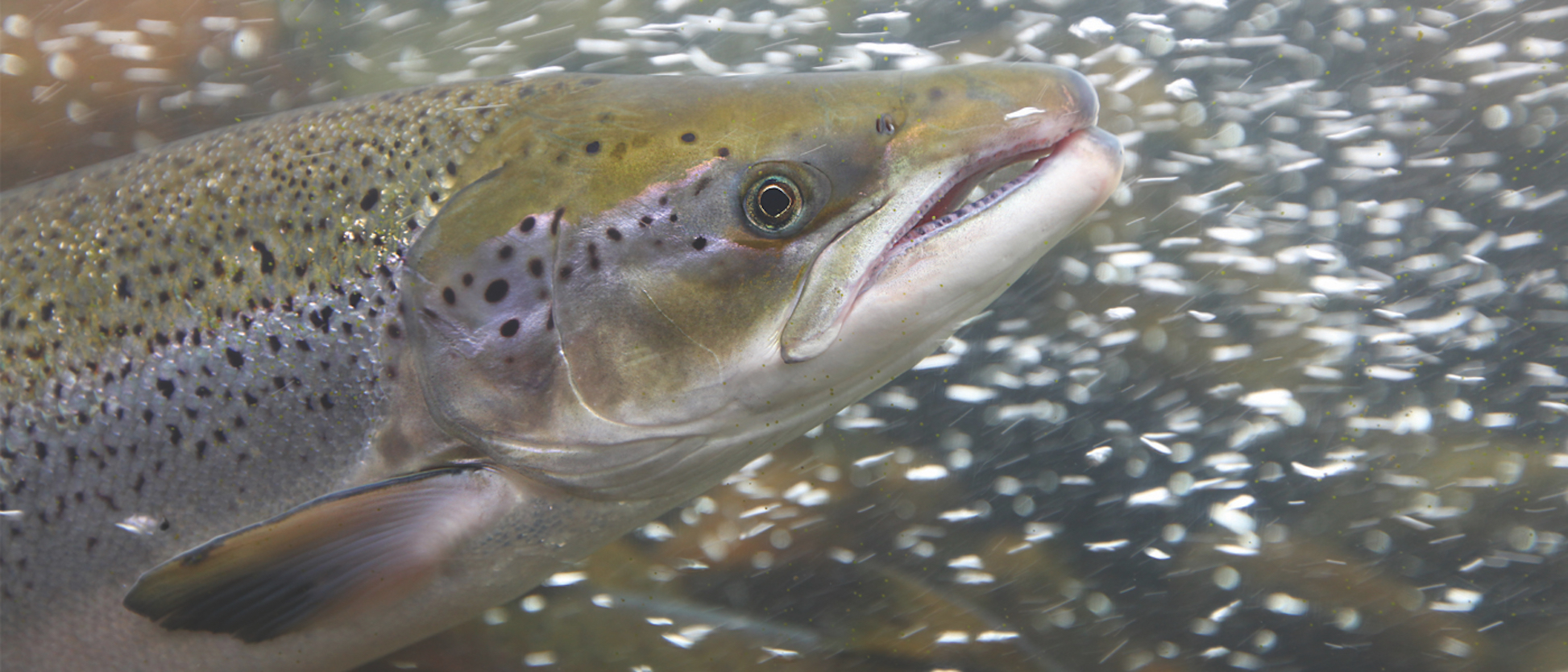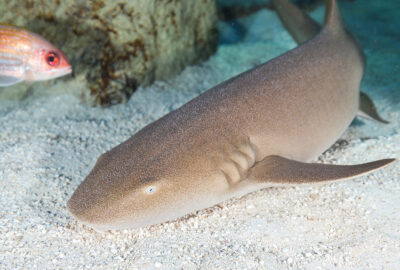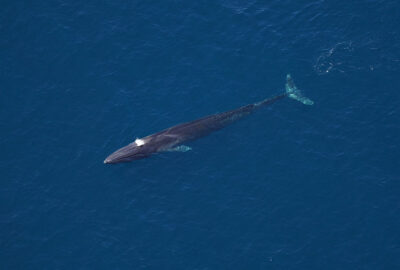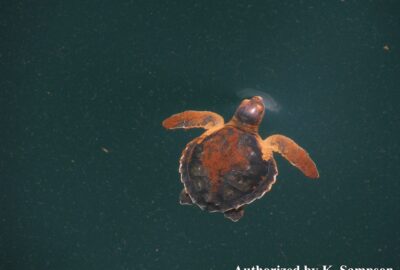Boston Seafood Expo Panel: Selective Breeding as a Solution to Aquaculture Sustainability
By New England Aquarium on Monday, March 12, 2018


Join us at the 2018 Boston Seafood Expo!
Join the Anderson Cabot Center’s Fisheries and Aquaculture Solutions team at the Boston Seafood Expo on Tuesday, March 13, for a panel discussion titled Catalyzing Selective Breeding as a Solution to Sustainability in Aquaculture.
Catalyzing Selective Breeding As a Solution to Sustainability in Aquaculture
Tuesday, March 13
11:30 a.m. – 12:30 p.m.
Room 151B
Conference pass required.
Matt Thompson, Aquaculture Project Lead of our team, has brought together global experts to share their thoughts on the role of selective breeding in helping the global aquaculture industry meet future demands for seafood while minimizing environmental impacts.
The panel will be moderated by Joel Southall, the Fisheries and Aquaculture Solutions team’s Business Engagement Manager. In addition to a presentation by Thompson, the event will include presentations by Dr. Acacia Warren, President of Environmental Genomics Inc. and an expert in shrimp genetics, and Dr. Sergio Zimmermann, Senior Aquaculture Specialist/Consultant at Zimmermann Aqua Solutions and an expert in tilapia breeding.
While humans have been selectively breeding terrestrial animals such as cows and sheep for thousands of years, only 10 percent of global aquaculture utilize selectively bred stocks. This results in animals that are both potentially more susceptible to disease and more inefficient users of already limited resources, such as the wild fish used to make commercial feeds. Advancing selective breeding will improve critical sustainability traits, such as disease resistance, feed efficiency, and growth rates, that will enhance aquaculture both from an environmental and economic perspective.
Why isn’t everyone already doing it? Great question! To do it correctly, selective breeding takes time, skill, and resources, and currently there is no clear market recognition for selectively bred stocks. Our team is working to catalyze business-to-business demand (i.e. between a producer and a retailer) for farmed seafood that is being selectively bred for multiple traits that enhance sustainability.
Venues such as the Boston Seafood Expo, which brings together seafood producers, buyers, and sellers from across the world, are an efficient way to reach key audiences and build demand. The fact it’s in our own backyard is an added bonus!
During the panel discussion, Thompson will address the sustainability advantages of selectively bred stocks in general, as well as measures to control the potential impacts caused by escapees and a short summary on the current status of breeding for Atlantic salmon, including its application in addressing key challenges in that industry, including sea lice (a parasite that can be detrimental to farms as well as wild fish populations in close proximity). Dr. Warren will offer an insight into any links between the genetics and diseases, such as Early Mortality Syndrome (EMS) in farmed shrimp populations. Dr. Zimmermann will highlight the status of selective breeding in tilapia, including the impressive results of breeding projects in which he has been involved.
The panel discussion should be of interest to anyone focusing on sustainable aquaculture, but is particularly important to any business involved with farming, buying, or selling farmed Atlantic salmon, white shrimp (Litopenaus vannemei), and tilapia.
We hope you’ll join us!




